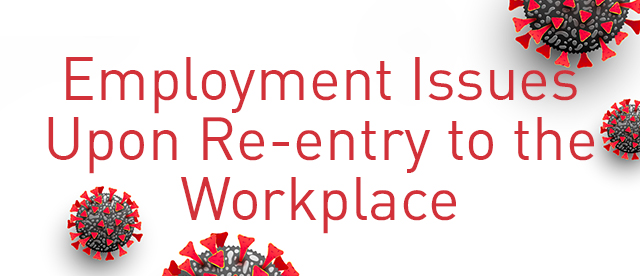Webinar: The Employment Law Issues Trustees, Conservators, and other Fiduciaries Face
- When: Apr 28, 2020
- Where: Webinar
On Tuesday, April 28, Weintraub attorney Ryan E. Abernethy is presenting a webinar hosted by the California Lawyers Association.
Summary:
In fulfilling their fiduciary obligations, trustees, conservators, and other fiduciaries are often thrust into situations where they are required to act as an employer. From managing caretakers, issuing paychecks, and setting schedules to hiring and firing trust employees, this is perilous territory because California employers are saddled with a host of regulations they are expected to understand and follow precisely.
Date & Time:
Tuesday, April 28, 2020
12:00 PM – 1:00 PM PST
Location:
Webinar
Credits:
1 Participatory MCLE Credits
1 Legal Specializing in Estate Planning; Trust & Probate Law
Cost:
$55.00
Registration:
To register, please click here. Please note that if you don’t already have an account with CLA, you will need to create one before registering. To create an account with CLA please click here.


